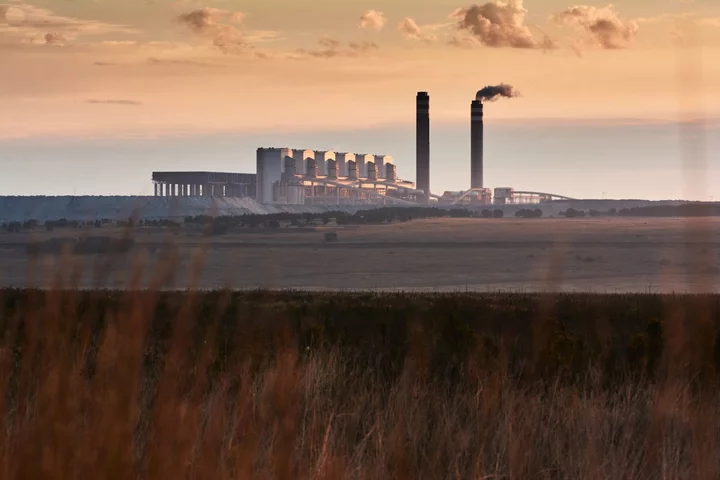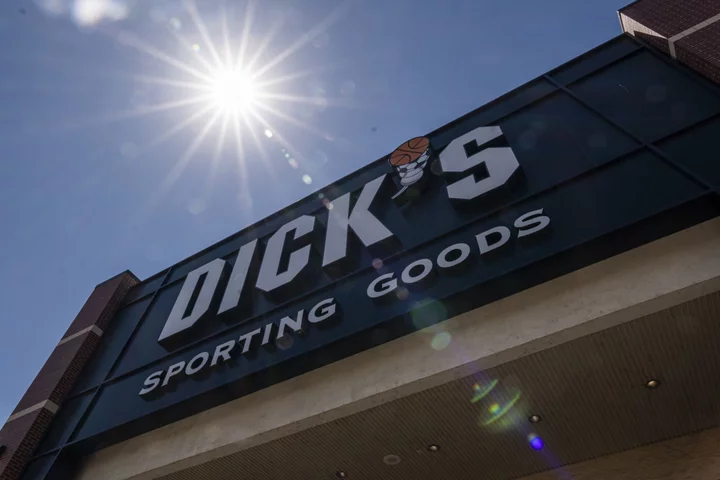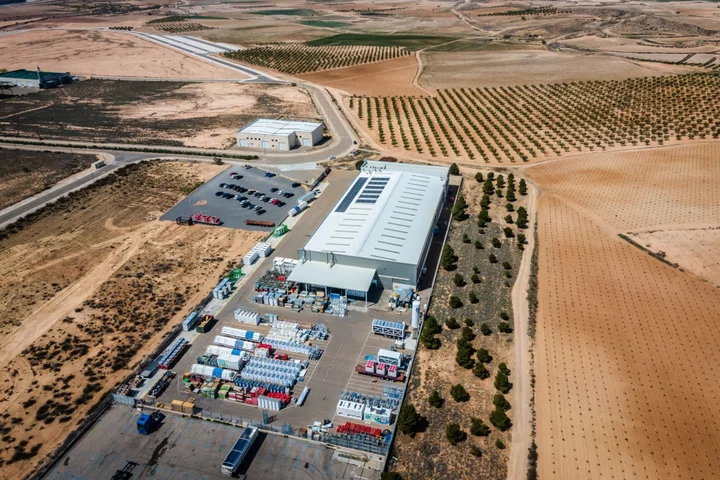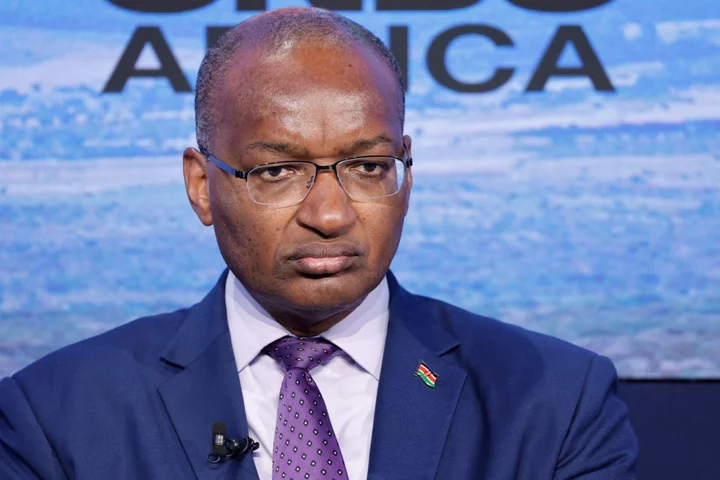South Africa’s state-owned power utility will ramp up rolling power outages, after a breakdown of a generation unit at Arnot, Majuba and Medupi power stations.
Eskom Holdings SOC Ltd., will cut 4,000 megawatts of power from the grid from 5 a.m. until 4 p.m. on Tuesday, instead of the 3,000 megawatts originally planned, it will then revert to its previews schedule, it said in a Tweet.
Netcare’s Fuel Costs Surge (May 22, 9:45 a.m.)
South Africa’s largest private health-care network expects diesel costs to more than quadruple to 165 million rand ($8.5 million) this year as it runs generators to help contain the impact of rolling blackouts.
Generator diesel costs increased to 67 million rand in the six months through March from 10 million rand a year earlier because of the consistently high number of power cuts and increased fuel costs, Netcare Ltd. said in its earnings report on Monday. The company is among a growing number of businesses that are being forced to rely on alternative sources of electricity as Eskom implements daily blackouts because it can’t meet demand.
The majority of Netcare’s acute-care hospitals have the capacity to operate independently of the grid, the company said. The company has uninterrupted power supply systems and a fleet of 200 backup diesel generators support all of its facilities, and it’s invested in installing a solar power base across 72 sites, capable of generating 18 to 20 gigawatt hours per year.
Read more: Netcare 1H Net Income 618M Rand Vs. 415M Rand Y/y
Siemens Urges South Africa to Encourage Private Investment (May 22, 9:03 a.m.)
South Africa needs private investment in its rail lines and ports if it’s to benefit from the global energy transition by moving the green metals it mines efficiently to international markets, said Sabine Dall’Omo, the chief executive officer of the sub-Saharan Africa unit of Siemens AG.
“Rail and port systems in South Africa and across the continent are in dire need of investment for maintenance, security, and expansion,” Dall’Omo said in a statement on Monday. “Public-private partnerships or other forms of investment can help ensure the necessary capital flows to properly maintain this infrastructure for everyone’s benefit.”
Astral Foods Skips Dividend as Profit Drops (May 22, 7:05 a.m.)
Astral Foods Ltd., one of South Africa’s biggest chicken producers by revenue, skipped paying an interim dividend as profit dropped by 89% because of power cuts.
So-called loadshedding cost the group 741 million rand in the first half of the year. That was due to increased spending on feed as it had to sustain birds for longer because outages delayed slaughtering, as well as the cost of diesel, wages and overtime, Astral said in its results report.
For the second half of the year, Astral forecasts spending about 45 million rand a month on diesel and all capital expenditure has been placed on hold, except that required for necessary maintenance and emergency measures in electricity and water supply.
Read more: Astral Foods 1H Net Income Falls 89% y/y; Skips Interim Div.
Lower Royalties for Franchiser During Power Cuts (May 22, 7:05 a.m.)
Food services franchiser Famous Brands Ltd. will take a lower royalty and marketing percentage on sales generated by its franchise partners during loadshedding hours to help support the businesses.
The move is part of a financial-relief program implemented in March, the group that owns brands including Steers, Wimpy and Debonairs Pizza said in a statement on Monday.
“We remain concerned about South Africa’s weak economic prospects and expected high levels of loadshedding,” Famous Brands said. “This will continue to strain consumers and the small business sector.”
--With assistance from Antony Sguazzin and Adelaide Changole.









